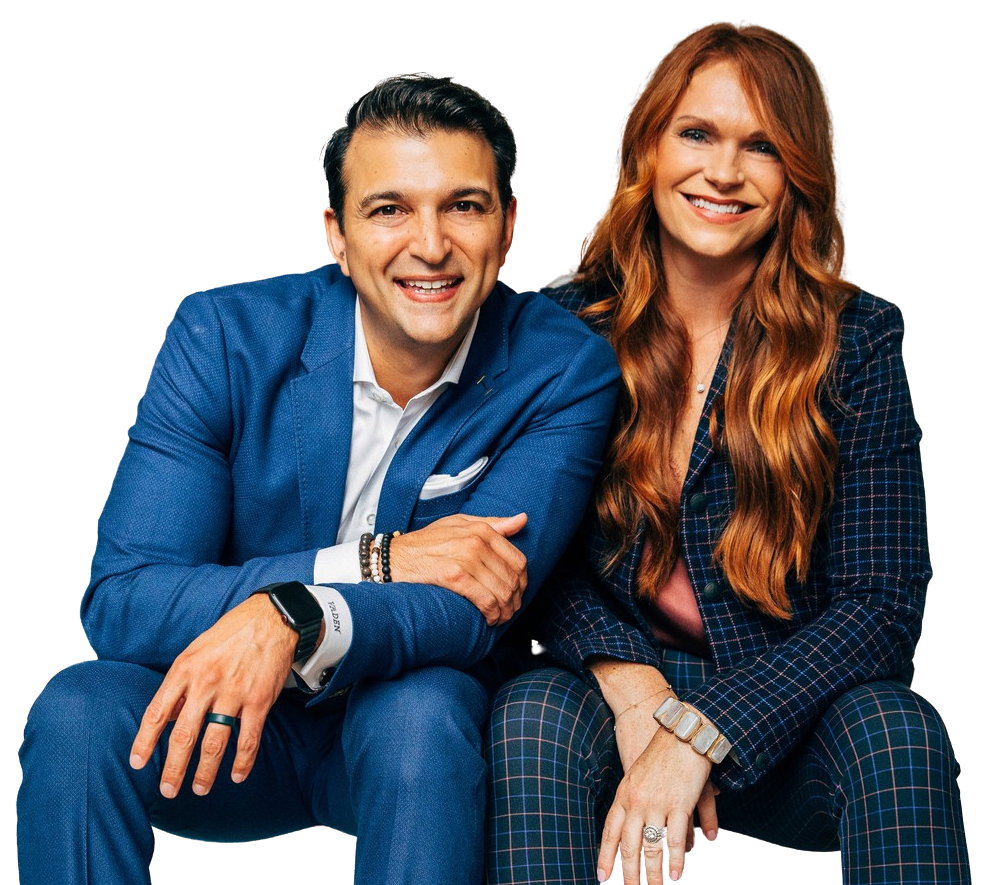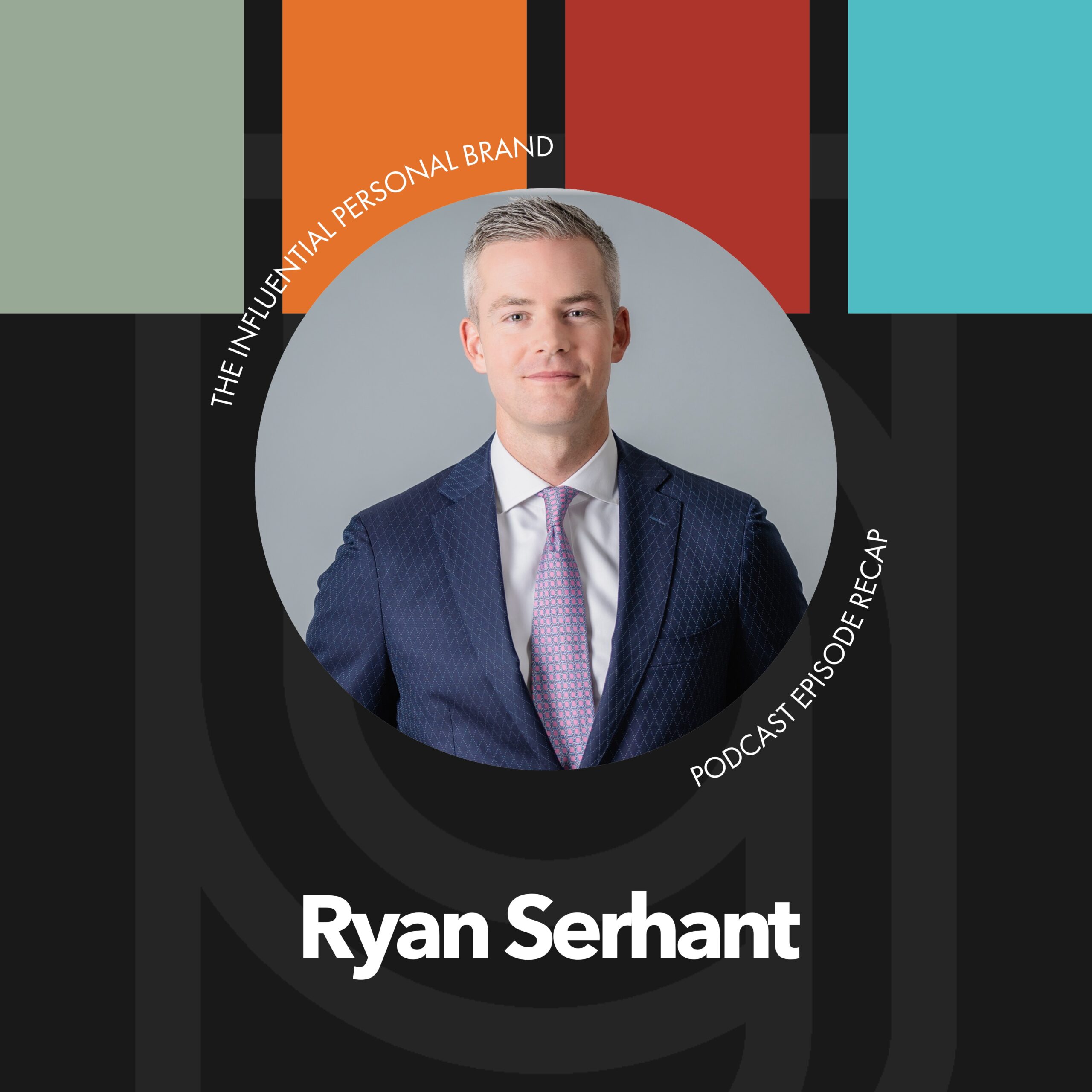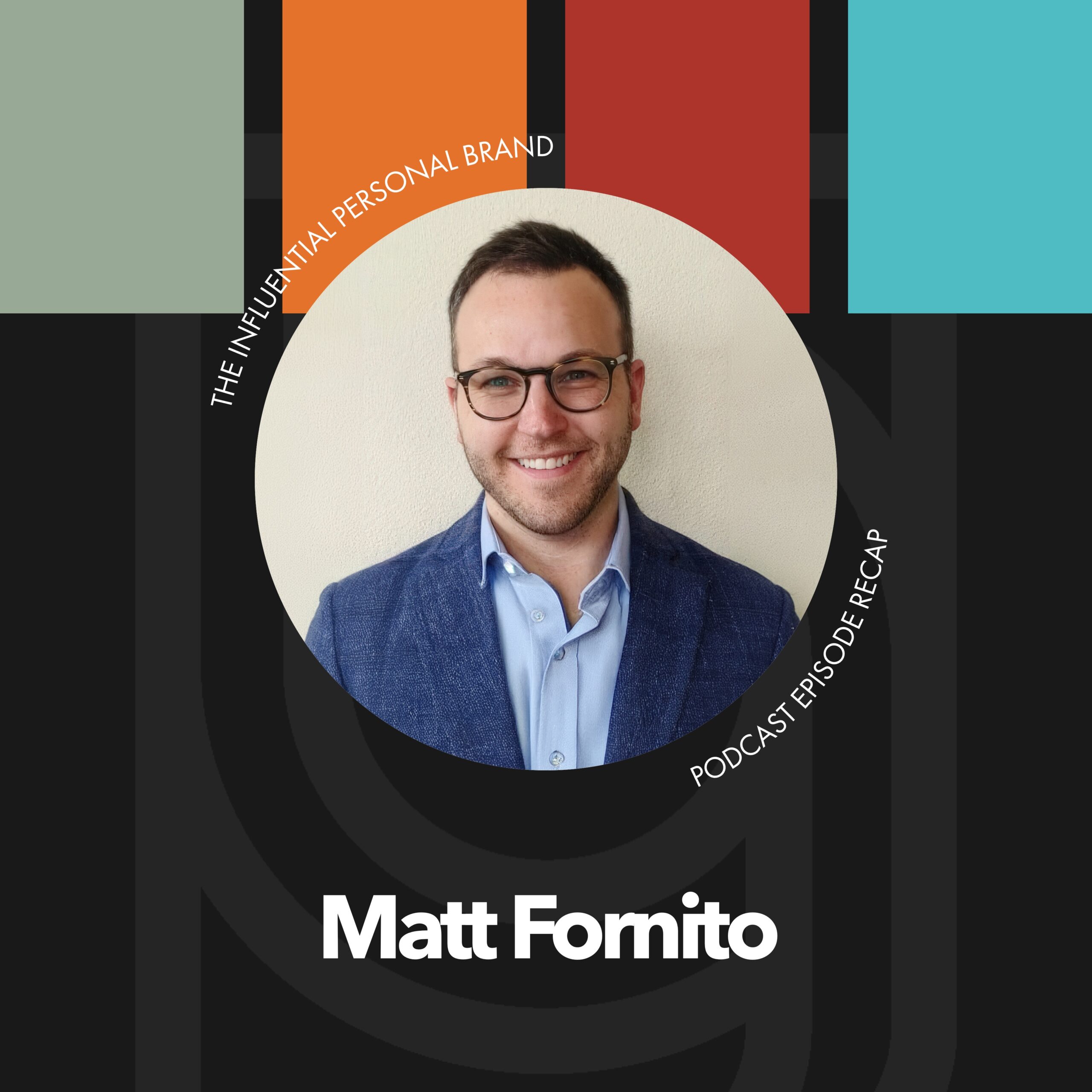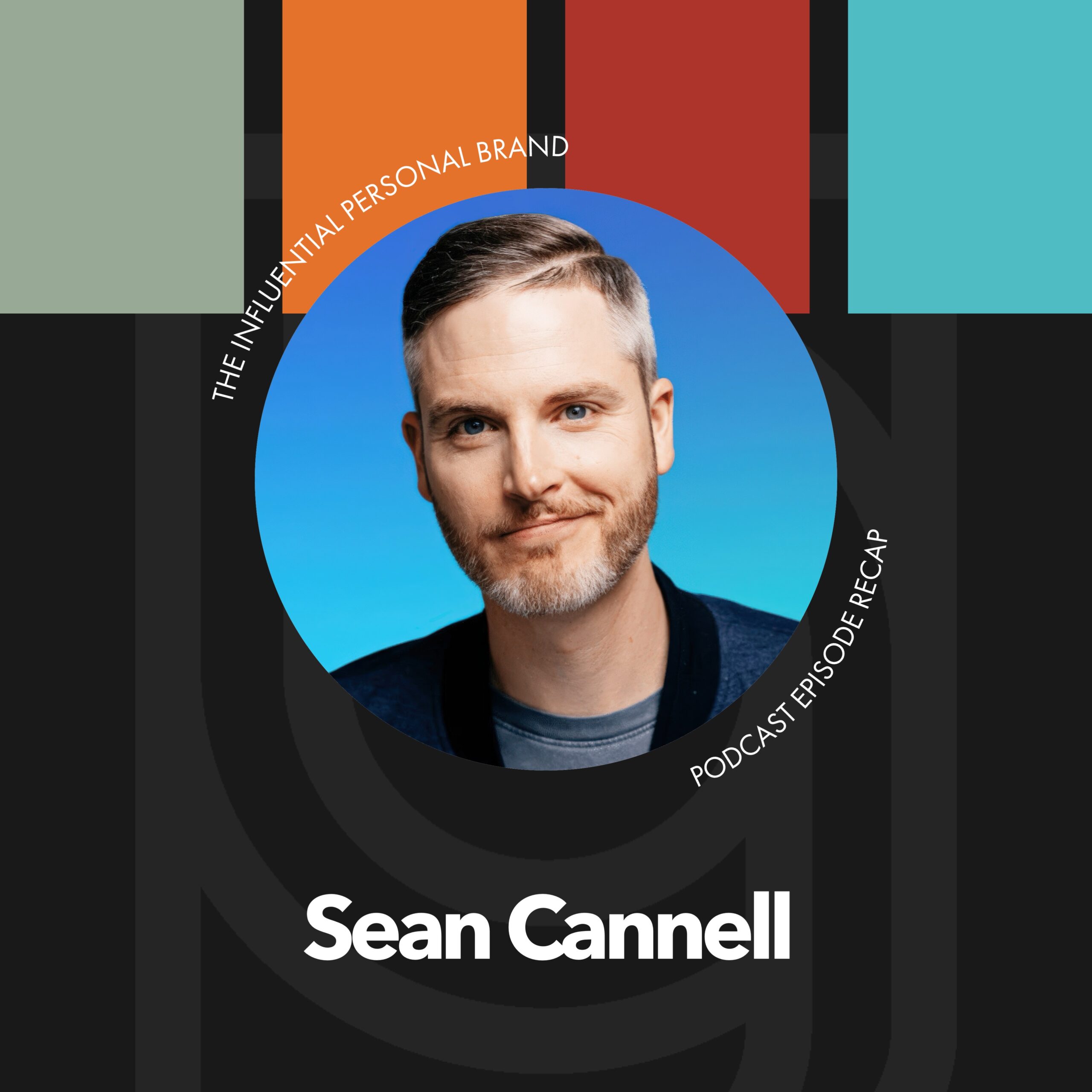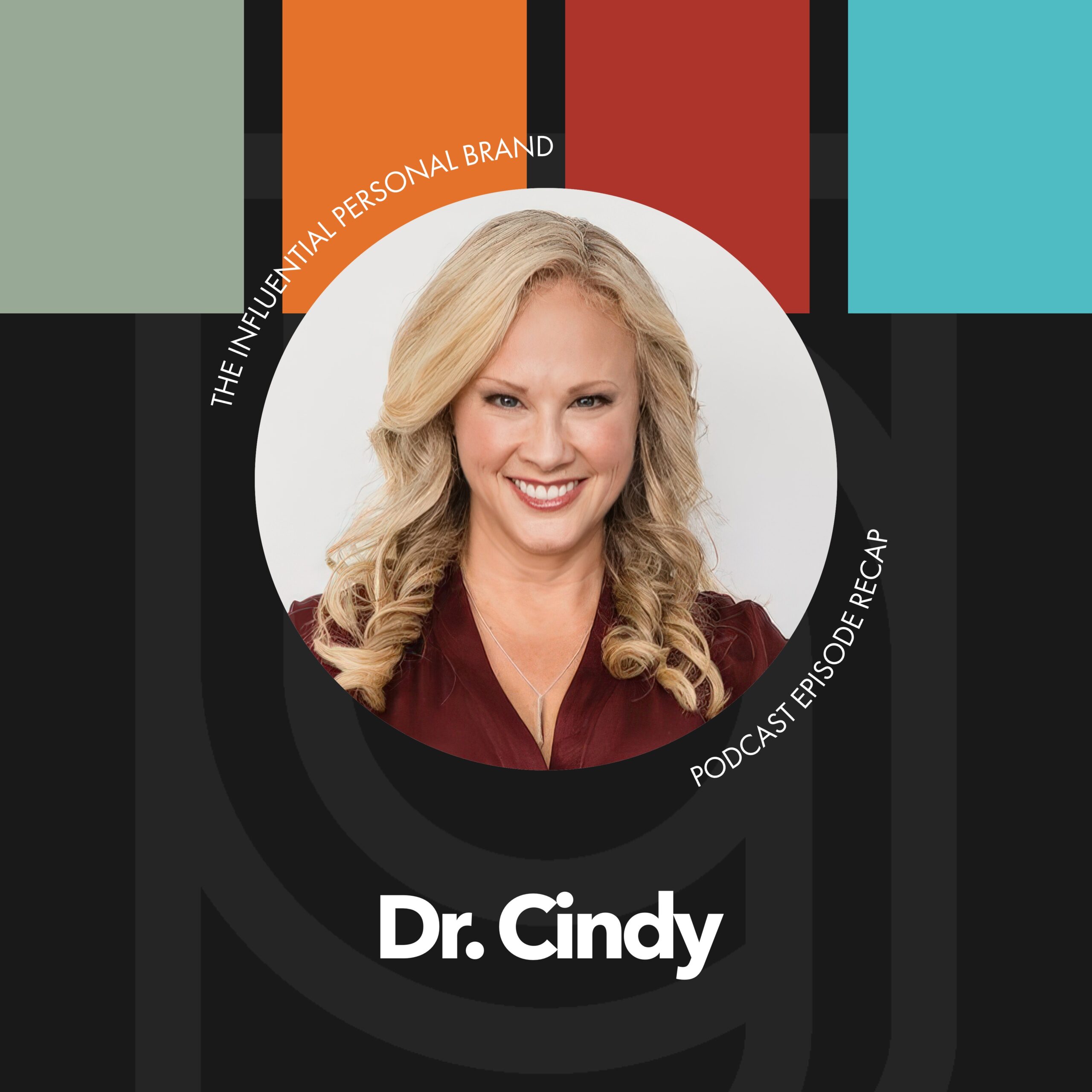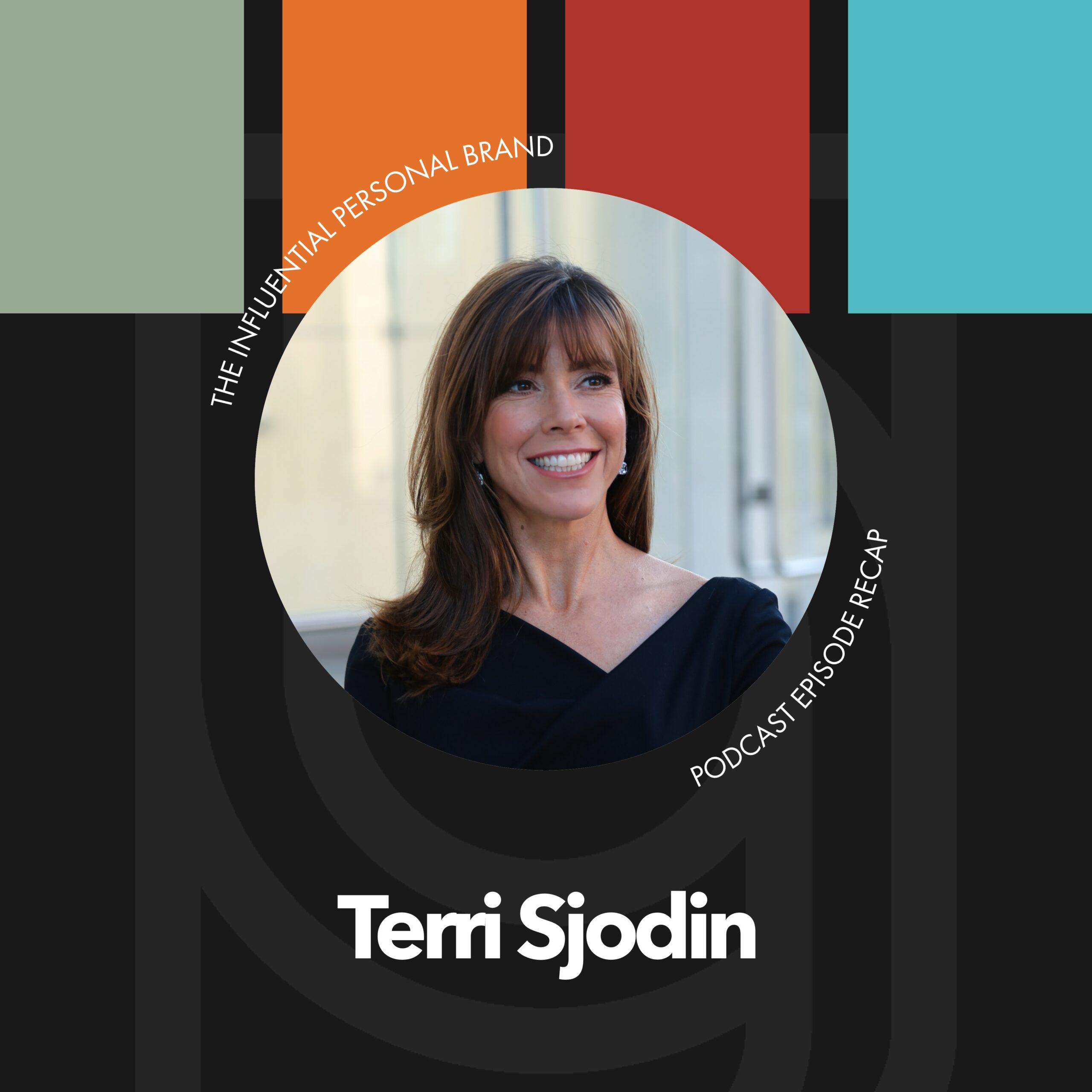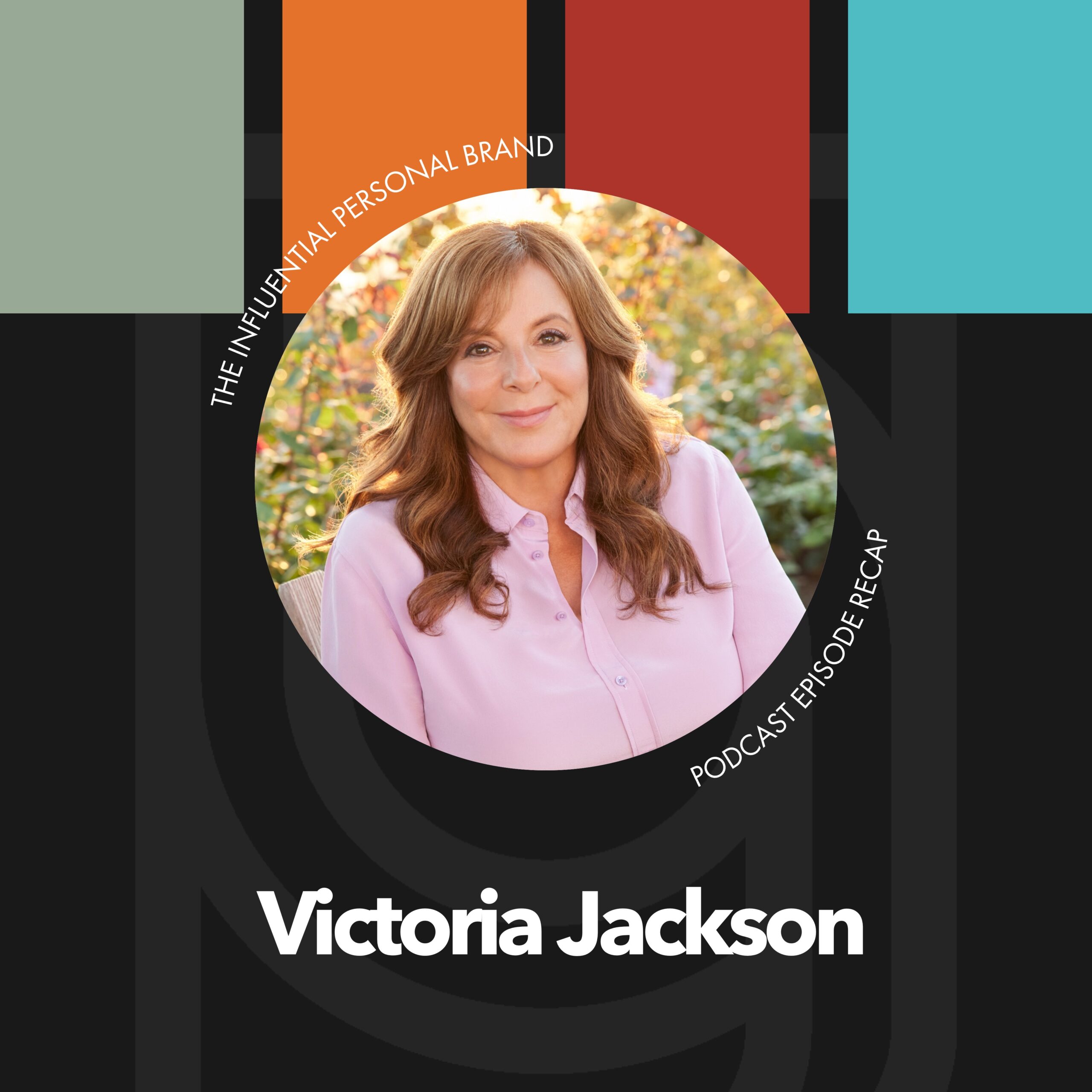Hey, brand builder. Welcome to the influential personal brand podcast recap. Today, we are looking at self-publishing my old friend Chandler bolt, which was fun to go back on memory lane a little bit and see how far Chandler has come and his team, what they have built such a great operation. And so yeah, let’s dive in right away. We got my three big takeaways as well as ADJs for you. And I think the first thing, which is kind of obvious, but I don’t think it’s pervasive enough, which is the idea that every business owner needs to write a book because you use the book to build your business. And so it’s like, you may not care to be a New York times. Best-Selling author. You may never need a traditional publisher, but the power of a book is, is magical. And there’s just, there’s nothing quite like it in terms of the impact it has on your ability to market your business, your product and service.
Yeah, that’s interesting. That’s, that’s similar to my first one, but a little bit different. And this is something that Chandler said and the very, very beginning of the interview, probably in the first, I don’t know, five to seven minutes. So you’ll, you’ll catch this tidbit right off the bat. And he said, before you start asking yourself the question of, Hey, should I do a traditional book or self published book? He said, really the question to answer is, is a book the next best thing to do for your business. And in his opinion, it is, he said, you know, I love what he said. He said, books, change lives. Like they change lives. They can change your business. They can change your mindset. They can change your relationships. They can change your financial situation. They can change your fitness. Like books have the power to change lives.
Ask yourself is a book, the next best thing for my business, then worry about everything else. And I thought that was really powerful because I agree in so many ways. A book is a calling card. It’s a, it’s a giant size business card. But more than that, it represents what you stand for, what you believe in your way of doing business, your methodology, your principles, your philosophies, if you really want someone to know who you are, and if they’re a good fit for you and vice versa, read the book, right. Or, you know, listen to the keynote, you know, in, in many ways. But I thought it was really interesting. And he said, if you, and if you answered that, no, then move on. But if the answer is yes, then that’s kind of step one.
Yeah. And I think the idea of is it the next right thing is good. Cause like, even at brand builders, we’ve got several books that we are working on writing, but we haven’t, we haven’t said we’re ready to do the first one yet. So there’s timing, timing matters. That, yeah. So my second big takeaway from this was where he said, which I love, because this is a guy who has self-published his own books helps people self-publishers runs a school that teaches people how to self-publish. And he says, yeah, we got, we, we got, we got boxes from when you’re, when you’re, when you’re actually in the program. And here’s what he said. The key to a self published book is to publish to self-publish a book that does not look like it is self-published. And I think that was valuable to hear from him.
And I, I really agree with this because I think, you know, self-publishing has gotten to be so easy, which is a great thing that the downside is, you know, it’s, you can print something really quickly and, and not have it kind of look and hold the cache that you want it to, if it’s going to be a reflection of you and your brand and your business. And, and yet now it’s so sophisticated that you really can self publish a book. If you need to, or if you want to, but either way you can do it and it can look as professional and clean and neat and powerful as a traditionally published book. And I think that’s super important.
Yeah, no, I totally agree with that. And I think that self publishing has come a long way in the last five years. Typically it’s come a really long way. All right. So the, the next biggest takeaway for me is I just, I think this is, you know, kind of like a spoiler alert, like tr you know, to traditional publish, to self publish, and, you know, Chandler’s opinion is very strongly in there. Like self-publishing is the way, is that the only time that a publisher would ever want to do a deal with you is when you don’t need them. Right. and so it’s like, you know, it’s like when a publisher wants you, you don’t really need them. Self publishing is the way. And, but I thought it was really interesting, he said, but if it’s the way here are the things that you need to consider.
And I just, so I don’t mess this up. So I wrote these down and he said, you’ve got, these are the three things to consider time cost and royalties. Those are the things you want to consider. What are the expenses to get it done the time to get it done? And then what would be, what would you be for fitting or gaining and royalties? And then he broke it down. He said, them, there’s two types of costs. There’s costs of creation and then cost of production. And then he breaks it down again. And he says, now creation costs are covered design, editing, and formatting. Right. How does it actually look in the structure of the book and then production our print inventory and shipping, right? And it’s like, those are a lot of things to consider because I mean, it’s like if self publishing is the way you need to be really clear on what means in terms of time, resources, involvement, expenses.
I think, I think it is the way for so many people, but there’s also a lot of work to be done. But that’s why I think answering that question first is, is I book the next right step helps make the rest of this checklist very much a checklist of, okay, well, these are the things I need to do. This is just the next thing. Versus what do I do? What’s better. It’s like, well, these are the things to evaluate. And it’s very clear and it’s very transparent. It gives you a really good, accurate view of, okay, this is what it would look like for me to self publish. It was, it was so clear, transparent and very checklisted, which I love,
No, I loved it. I, in those same notes about, about the cost, like if you’re, if you’re considering this, you’ve got to just kind of think through it, treat it like a business. You know, I remember early in our career with our first books, we waffled back and forth between traditional self published. Like for so long,
Roy will not tell you this. Cause he doesn’t want you to know that it exists, but his very first book
That’s right. Yeah. That’s right. And it’s called no, nah, nah, you can’t share it. They’re going to go find it
Like in Oh two. No, that’s like, Hey, I know w how to be funny to make more back. You have, you have a coffee somewhere hidden. It’s actually really cute book, but we actually
Self publish first. That’s right. That’s right. And we purposely didn’t want a lot of people to know about it, but, but you know, so that question comes up a lot. Should I self publish? And should I traditionally publish? I really am convicted that they both can be great and they both can work. And it’s all about, we’ve done both. And it’s, it’s, it’s, it’s all about the right fit at the right time, which is what I think we help people navigate. But you know, if you wanted me to give you the textbook answer on this question, cause we get it all the time. You know, in one of our events is called bestseller launch plan and we teach how to actually launch the book once you have it. And for me, I say is pretty simple. It’s 10,000 units. If you have a plan to move 10,000 units within the first few weeks of it launching, you should go after traditional publishing.
If you you’ve got like that size of an audience of, of direct reach and indirect reach, you go for it. If not self-publishing is probably the way there’s, there’s enough advantages to self publishing. And so you’re a little formula. Oh yes. So, so here’s the thing you just got to keep in mind that to become an Amazon bestseller takes hundreds of units in a day to hit a bestseller, to become a wall street journal bestseller. You need to have thousands of units within a week and to become a New York times bestseller, you need to have tens of thousands of units sold within a week. And so if you can move thousands of units in a week and you want to go after the wall street journal, you probably to traditionally publish. But if you’re going after, you know, a few hundred copies in, you know, hopefully in a day or within a few weeks self publish and you, you know, if your platform is bigger than that, then you can step up to it later. But there’s, there’s, there’s no shame in either they’re both great. They both have good parts. They both have, you know, more challenging things, but that’s, that’s my textbook answer, 10,000 units.
And I think the last thing for me is really just waffling through the question of, well, what are the pros and cons of both because there are pros and cons in both. And I think a lot of the, you know, pros and cons of self publishing, we kind of talked about my second point and Taylor goes into a lot of that, but then it’s also, well, what are the pros and cons of traditional publishing, right? Cause those third year too. And I think one of the things that he liked, he highlighted, which I think is so true is specifically today is that publishers only want to work with authors who can sell books. Like that’s, that’s the short I have to work with, not to hate on publishing.
No, they, they have to work with that. They don’t sell books,
Marketing houses, right. Publishing houses. And I think that’s a huge wake up call. It’s like, if you think your publisher’s going to market and sell your book, you’re wrong. Like that’s not, that’s not the goal. They help edit books. They help publish books. They help format books, they help distribute books. So if you’re looking for a really big advance and lots of distribution, maybe you should try to go for a big, you know, publishing deal and get yourself an agent and get a big advance. But if that’s not the case, and if you don’t have a huge platform, and if you don’t have a way of selling your own tens of thousands of books, then self publishing is maybe the best way to go. And I love too, is that we’d had him on our podcast before Howe L rod is one of the greatest self publishing of all time.
He has sold more than 2 million copies of his book and, and is making tons of tons of money off of this book and has created this empire and impact around a self-published book. Didn’t need a traditional publisher. And then you’ve got other examples of people who started traditional and then went South because they’re like, well, I don’t need a traditional publisher anymore. And I think that the way that Chandler summed it up, or maybe you said it, I don’t know who said it, but I thought it was really good. He said, sometimes you just have to understand is a traditional publishing a step in the path or is it the path? And I thought that too was really good of just, you know, is this a way to help grow your notoriety and credibility and get your message out there? Or is it like, Nope, I’m just doing it for the advance. Yeah. Is it a money-making thing or is it a step in the path? And I thought that was just really good and clear
And you just, you need to know and remember writers, write editors, edit publishers, publish distributors, distribute retailers, retail, and nobody sells the book. So whether you self publish or you traditional publish, you got to sell it. That falls on you, whether you like it or not, there’s other advantages or disadvantages, but either way you author creator, influencer messenger, your job is to sell and we’re here to help you learn how to do that. So thanks for being here. Come back next time on the influential personal brand podcast



